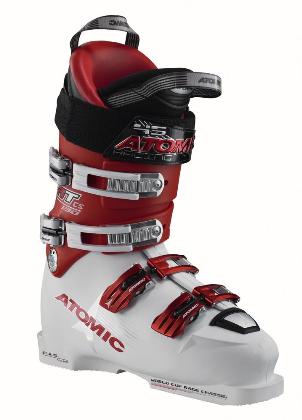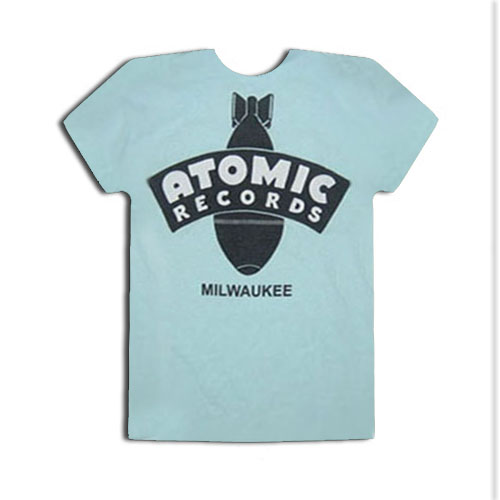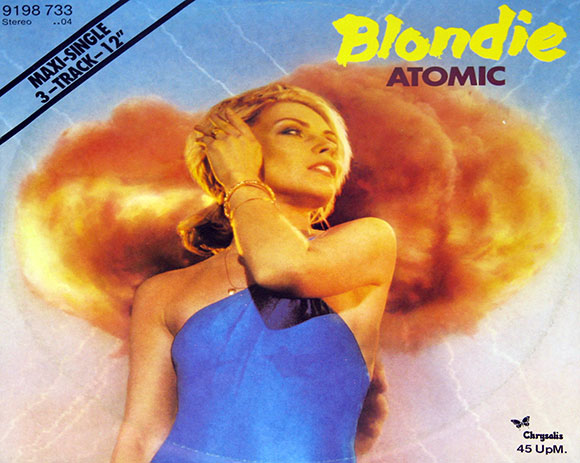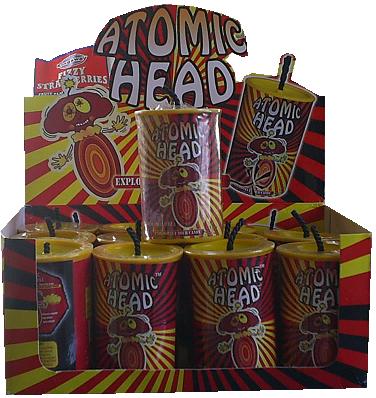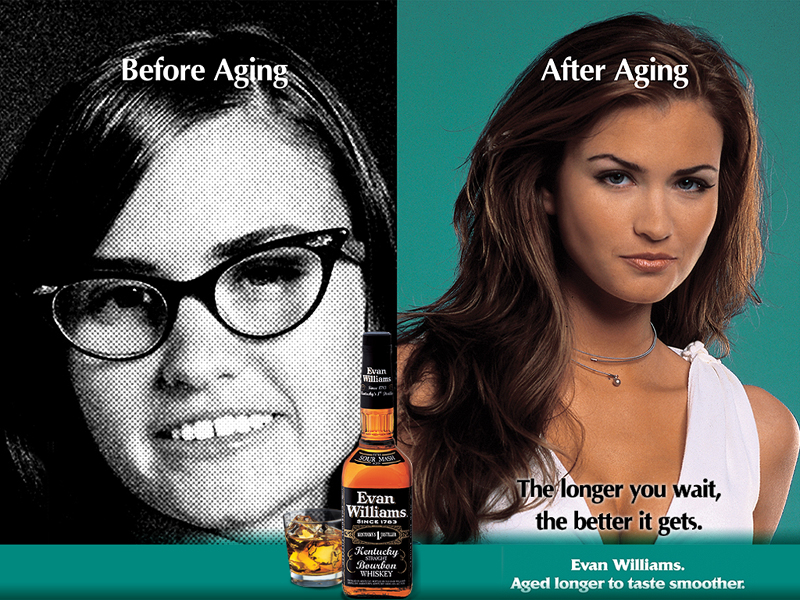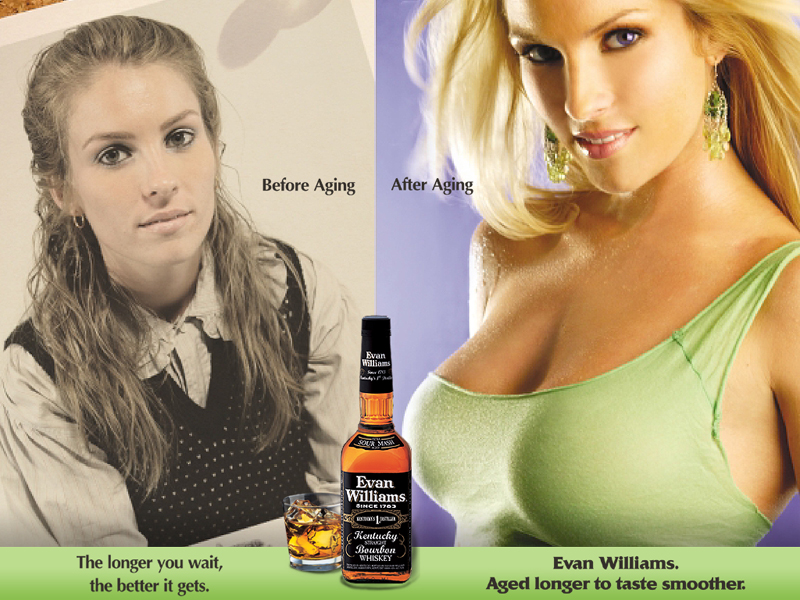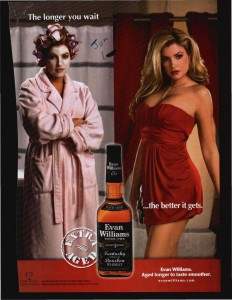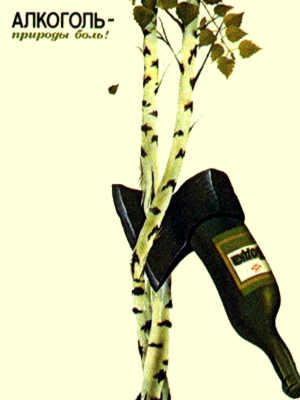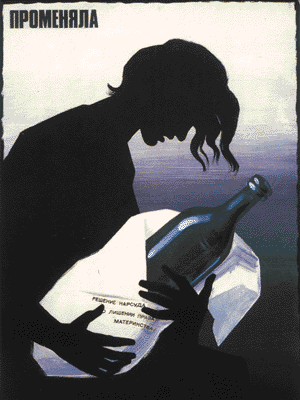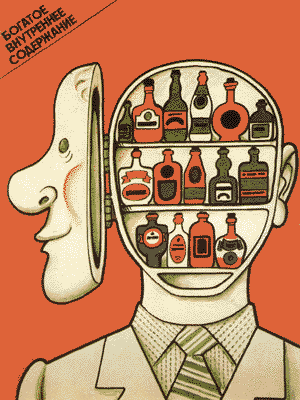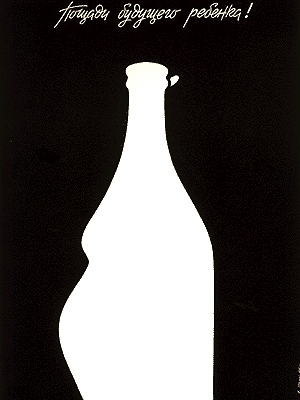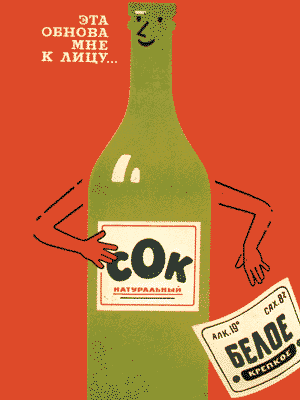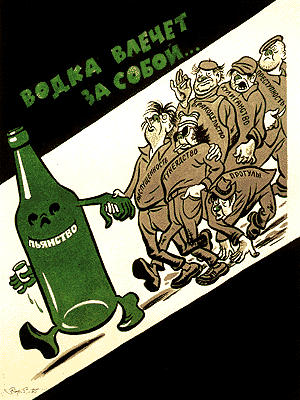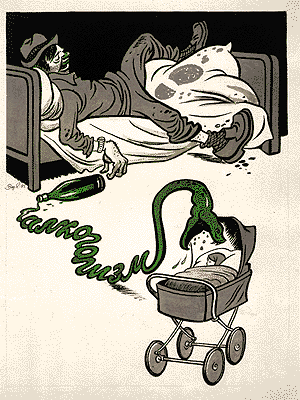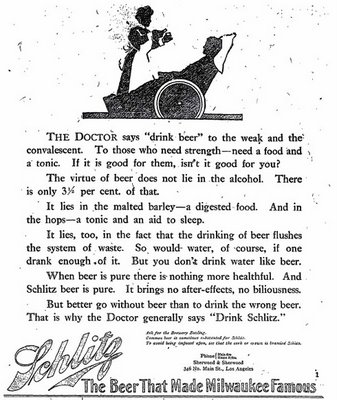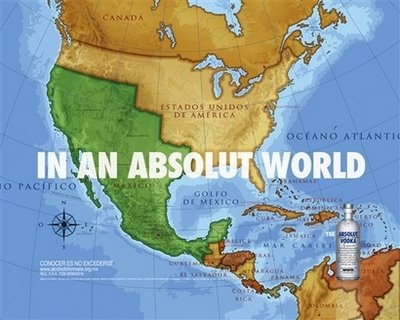Lisa and I went to the Atomic Testing Museum in Las Vegas today. We were not allowed to take pictures! However, we were inspired to post about the word “atomic.” Below are some pictures related to the U.S. bombing of Nagasaki during WWII. They are followed by some examples of the way in which the word “atomic” has been taken up in popular culture
The mushroom cloud over Nagasaki, Japan:

Nagasaki before and after the U.S. dropped an atomic bomb (found here):

Together the bombs dropped by the U.S. on Nagasaki and Hiroshima killed between 150,000 and 220,000 people immediately (that is, not considering the long-term morbidity and mortality). For more on the science of atomic bombs and the structural and human casualties of the Hiroshima and Nagasaki bombings, click here. Our point here is to point out that at this point in history, the word “atomic” referred to something incredibly devastating to human life.
Given this, we find it fascinating that the word came to mean something like “cool,” “super extra much,” “hot and spicy” and numerous other vague references to awesomeness. Then, the adjective could be used to describe anything at all. Consider the following examples
Clothes and sporting equipment:
Music-related stuff:
Candy:
So at some time and for some reason, the word “atomic” came to refer not to something very, very serious and instead to something very, very fun. How odd. We did a search for the etymology of the word “atomic” and there was nothing to explain how the word came to be used that way in popular American culture. In fact, there was no reference to its non-scientific use at all.
P.S. – If you’re ever in Las Vegas and want to see something very, very weird (sociologically, we mean), we suggest the Atomic Testing Museum. There, you can learn about America’s proud “atomic testing heritage.”
UPDATE: Commenter Elena pointed out that before the creation of the atomic bomb, people thought radiation promoted health. An ad for a radioactive “solar pad,” basically a radioactive belt people were supposed to wear:
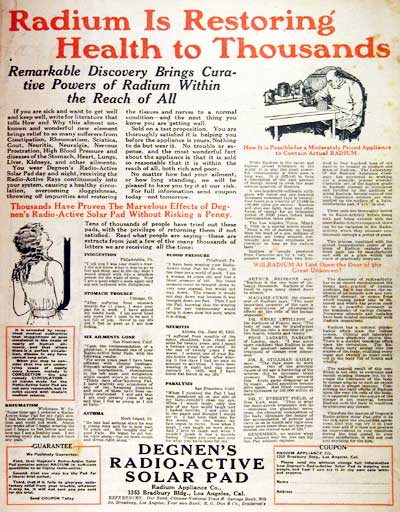
Found here.
A radium water filter:
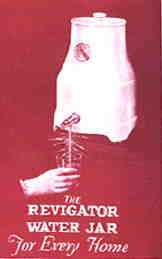
Found here.
It seems odd to me that after the devastation the atomic bombs caused in Japan, the word “atomic” and atomic materials such as uranium retained any positive connotations in the public realm.
Gwen Sharp is an associate professor of sociology at Nevada State College. You can follow her on Twitter at @gwensharpnv.


